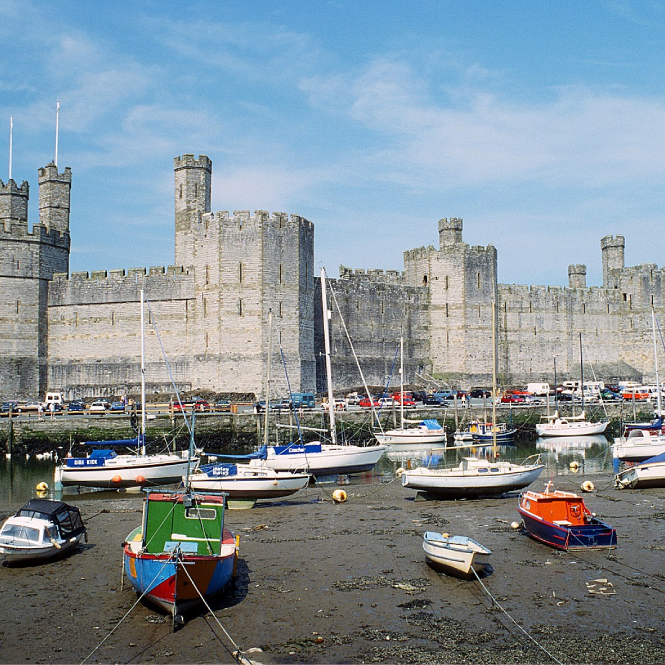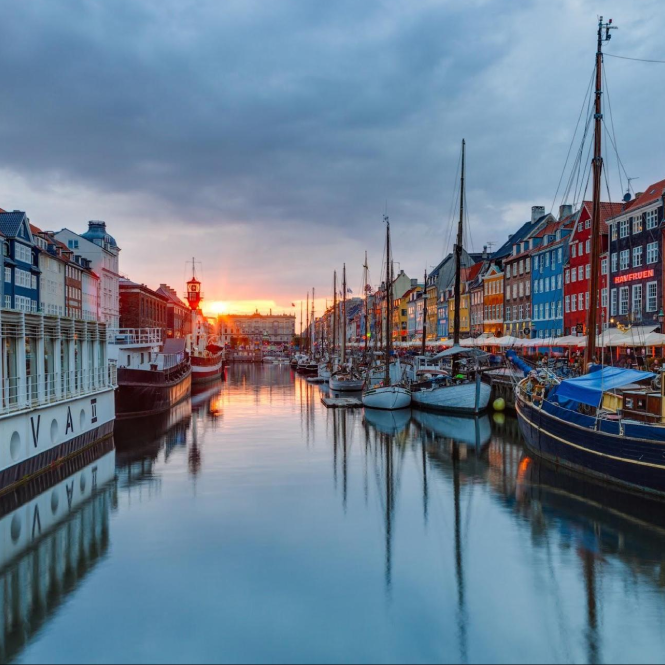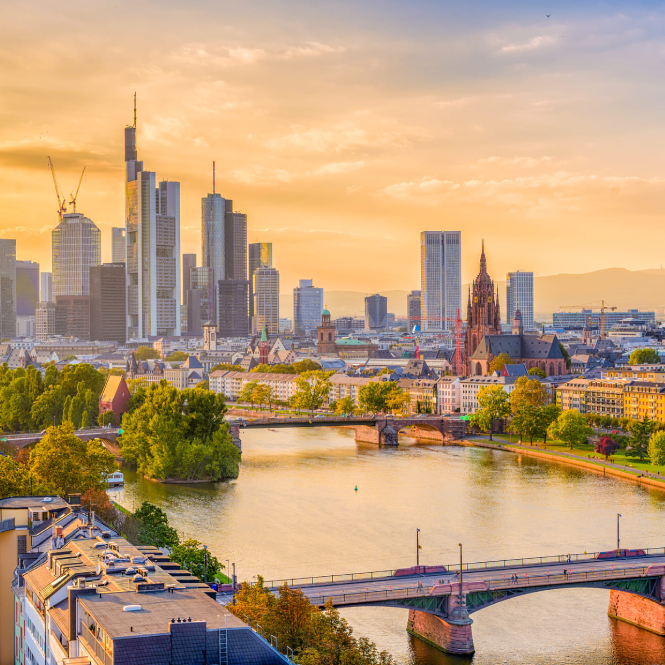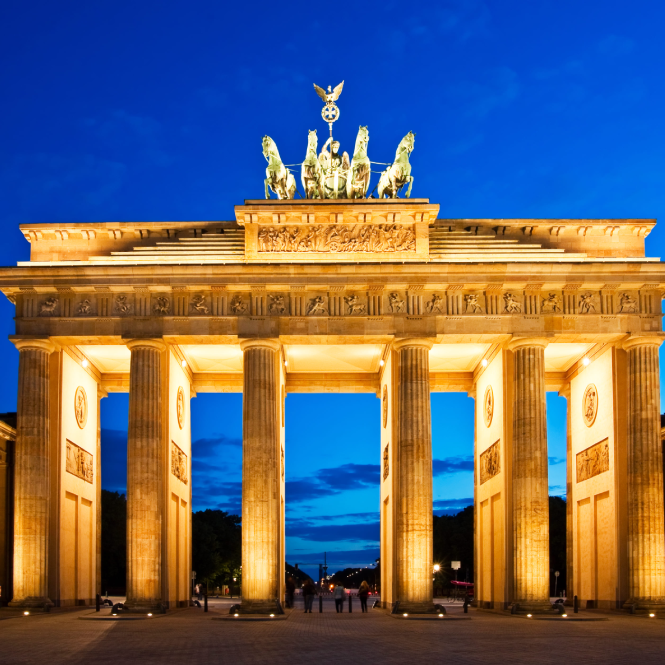
Blog ›
Denmark blog 2


In Scandinavian Style: Living in Denmark as a Digital Nomad Pt.2
Regarded as one of the safest countries in the world, Denmark has a strong sense of social cohesion and trust among its citizens. The social solidarity and mutual respect contribute to their supportive and harmonious society where people feel safe and included.
High Quality of Life
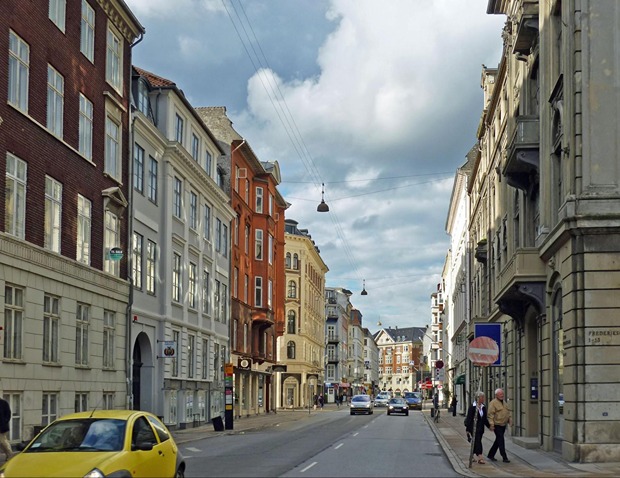

Regarded as one of the safest countries in the world, Denmark has a strong sense of social cohesion and trust among its citizens.
Safety: How safe do you feel walking home in the dark? In fact, do you ever walk alone in the dark? For many readers, the answer is probably close to none, but many do in Denmark.
Regarded as one of the safest countries in the world, Denmark has a strong sense of social cohesion and trust among its citizens. The social solidarity and mutual respect contribute to their supportive and harmonious society where people feel safe and included. As a result, the country consistently ranks among the countries with the lowest crime rates globally. Violent crime is relatively rare, and the overall crime rate is significantly lower than in many other countries.
You need to figure out what kind of private tutoring services you’re offering, how you’ll get clients, and what incentives you’ll offer them. Here are some questions you should ask yourself before becoming a tutor:
Warning: while Denmark is considered a safe country overall, it's still important to exercise common sense and take basic precautions, as with any destination. However, residents and visitors alike can generally feel secure and confident in their safety while in Denmark.
Strong Social Welfare: Denmark boasts a robust social welfare system that stands as a beacon of support and solidarity for its citizens. At the core of this system lies a commitment to providing comprehensive assistance across various facets of life, ensuring a safety net that promotes well-being and equality. Universal healthcare coverage stands as a pillar of Denmark's welfare state, offering accessible medical services and preventive care to all residents without financial barriers.
Similarly, the education system reflects Denmark's dedication to equal opportunity, with free education up to university level nurturing a highly educated populace. In Denmark, SU, or "Statens Uddannelsesstøtte," is a cornerstone of the country's support system for higher education. This program provides financial assistance to eligible students pursuing university and other tertiary education. SU serves as a lifeline for students, offering support to cover essential living expenses such as rent, utilities, food, transportation, and study materials. While SU is primarily aimed at Danish citizens, certain groups of international students may also be eligible, subject to specific criteria. Importantly, SU is typically provided as a grant rather than a loan, meaning that recipients are not required to repay the financial assistance received. For many expats looking to continue their education while working abroad, Denmark would be a great option.
Healthcare: Danish citzens are granted universal access to a wide range of free healthcare services provided by the government. As a digital nomad, the situation is slighly different. All non-Danish citizens are entitled to free emergency healthcare services “in the event of an accident, childbirth, acute illness or sudden aggravation of a chronic disease,” but all other healthcare services must be paid by you or your insurance. However, if you plan on staying in Denmark for more than 3 months, you must obtain a Danish residence permit with the Civil Registration System.
Work Life Balance: Whether you’re used to the typical 9 to 5 or 80+ hour work weeks, Denmark's approach to work-life balance sets a global standard. With a culture that values leisure time and family life, Danes enjoy relatively short working hours, generous vacation allowances, and flexible work arrangements. Employers prioritize employee well-being, recognizing that a healthy work-life balance contributes to productivity and job satisfaction. The country's commitment to work-life balance is reflected in its high levels of happiness and overall quality of life, making it an attractive destination for those seeking harmony between professional success and personal fulfillment.
Neighborhoods
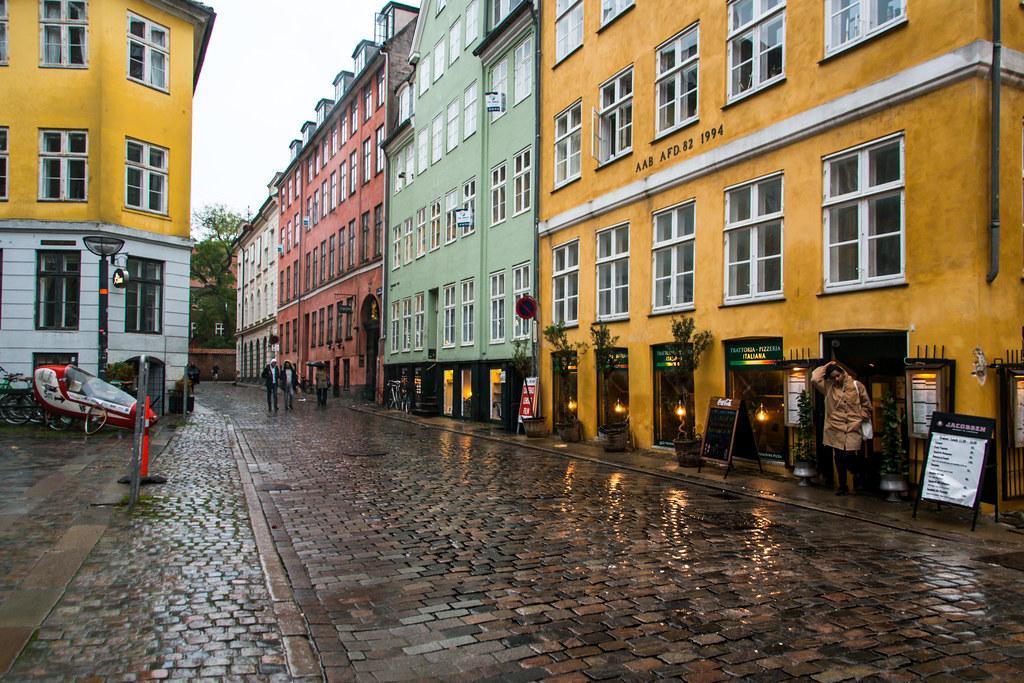

Copenhagen, the capital city of Denmark, is known for its diverse and vibrant neighborhoods, each with its own unique character and charm.
Copenhagen, the capital city of Denmark, is known for its diverse and vibrant neighborhoods, each with its own unique character and charm. Here are some of the notable neighborhoods in Copenhagen:
Indre By (Inner City): Indre By is the historic heart of Copenhagen, characterized by its narrow streets, colorful buildings, and iconic landmarks such as Nyhavn, Amalienborg Palace, and Strøget, one of Europe's longest pedestrian streets. This area is bustling with shops, restaurants, cafes, and cultural attractions.
Vesterbro: Vesterbro is a hip and trendy neighborhood known for its lively nightlife, eclectic mix of bars and clubs, and creative scene. Once an industrial area, Vesterbro has undergone gentrification in recent years, attracting young professionals, artists, and families.
Nørrebro: Nørrebro is a diverse and multicultural neighborhood with a vibrant atmosphere. It is home to a diverse range of residents, including students, immigrants, and young families. Nørrebro boasts an array of trendy cafes, ethnic restaurants, and independent shops, as well as parks and green spaces like Superkilen.
Østerbro: Østerbro is a residential neighborhood known for its leafy streets, spacious parks, and family-friendly atmosphere. It is popular among families and young professionals seeking a quieter, more suburban lifestyle while still having easy access to the city center.
Frederiksberg: Frederiksberg is an upscale neighborhood located within Copenhagen municipality but with its own distinct identity. It is known for its elegant streets, upscale shops, and beautiful parks, including Frederiksberg Have and Søndermarken. Frederiksberg is also home to the Copenhagen Zoo and the Frederiksberg Palace.
Christianshavn: Christianshavn is a picturesque neighborhood known for its canals, historic buildings, and alternative community of Christiania, a self-proclaimed autonomous neighborhood. Christianshavn offers a mix of residential areas, cultural attractions, and waterfront dining options.
Amager: Amager is an island neighborhood located to the south of Copenhagen's city center. It is known for its diverse population, modern developments, and recreational areas such as Amager Beach Park. Amager also hosts the Copenhagen Airport and the Øresund Bridge, connecting Denmark to Sweden.
These are just a few examples of the many vibrant neighborhoods that make Copenhagen such a dynamic and livable city. Each neighborhood offers its own unique atmosphere, amenities, and lifestyle options, catering to a diverse range of residents, visitors, and expats.
Tourist Attraction Highlight
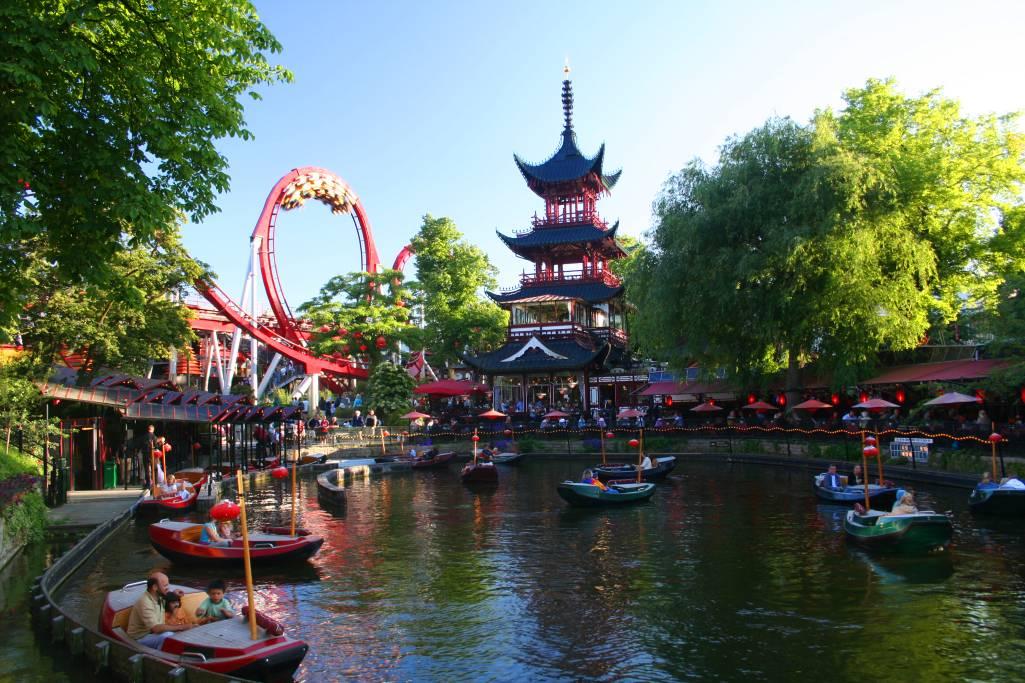

Founded in 1843, Tivoli is one of the world's oldest amusement parks, boasting a rich history and a magical atmosphere.
Aside from its high quality of life and vibrant neighborhoods, a notable destination that attracts millions of locals and tourists in Copenhagen is Tivoli Gardens. Founded in 1843, Tivoli is one of the world's oldest amusement parks, boasting a rich history and a magical atmosphere.
The park's lush gardens, adorned with colorful flowers and ornate architecture, create a picturesque backdrop for a day of fun and relaxation. Tivoli offers a wide range of amusement rides, from thrilling roller coasters to classic carousels, catering to visitors of all ages and preferences. Beyond rides, Tivoli Gardens hosts live entertainment, including concerts, theatrical performances, and cultural shows, adding to the park's dynamic ambiance. Visitors can also indulge in a variety of dining options, from traditional Danish cuisine to international fare, as well as explore seasonal events and festivities held throughout the year. The summer season recently opened on March 22nd, so don’t forget to get your tickets now!
Conclusion: From Denmark’s renowned high quality of life to Copenhagen’s vibrant neighborhoods and popular tourist attractions, we’ve covered all things Danish In Scandinavian Style: Living in Denmark as a Digital Nomad Parts 1 & 2. As an expat or digital nomad seeking their next getaway, what better place to go than a country with the happiest people in the world?

